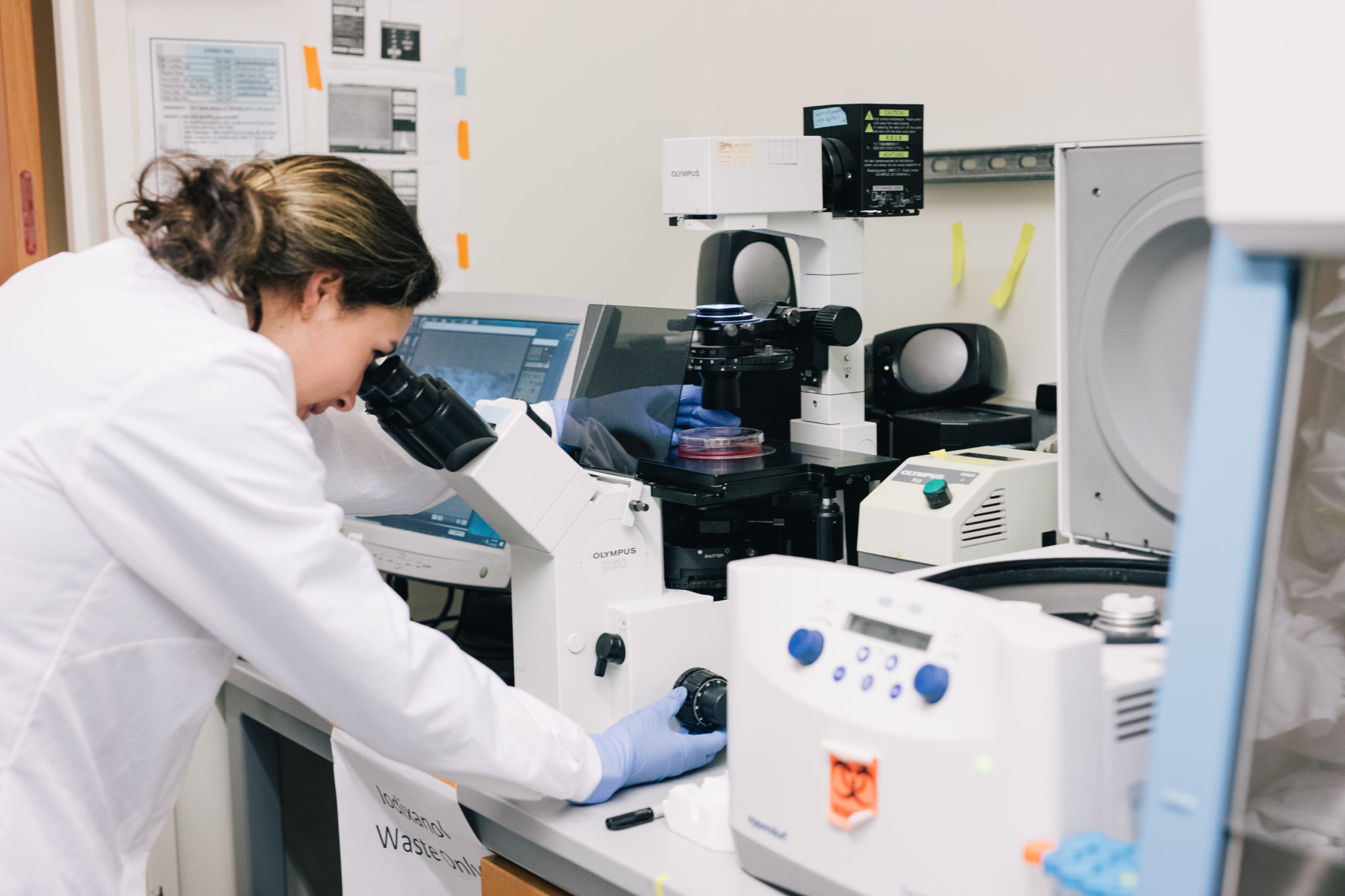Nearly all approaches to effective career planning rely on concepts of research and experimentation, something that Berkeley doctoral students and postdocs do well. Career planning entails applying your research skills with you as the subject of your experiment. It is an exciting process and one you can engage in throughout your working life.
- Self-discovery to identify/define the interests, values, skills and priorities that motivate you.
- Investigate work environments to determine which types of jobs correspond with your particular combination of skills, interests, and values, and which organizations/industries hire people into those roles (think of this as the “literature review” – background information is readily available online or from professionals in the field).
- Collect data on yourself and “the world of work” and make the connection between your priorities and job market conditions; develop hypotheses about career options that suit you, and for which you might be hired.
- Test your hypotheses about good career options…engage with the scientific community on campus, or complete externships or internships. Getting work experience in your field(s) of interest can also build skills.
- Communicate your findings to others. As with all good research, it is not enough to dig up some answers. In career planning this is where networking and job searching come in. You might even think of your CV or resume as one way you “publish” results: show your skills in relation to target career fields.
- Career planning is iterative, just like scientific research. Sometimes you turn up information that changes the nature of the problem you are trying to solve. Or, you have the chance to develop and pursue new follow-on questions. For example, “how do I succeed once I am in my next role? What is the long-term trajectory for the career path that interests me? What future changes in the work environment might impact the job?”
Self-discovery and Career Planning
Assess your interests, skills, preferences, values and strengths prior to trying to determine if a career path is a good “fit” for you. What truly motivates you? The following resources can help you develop a personal inventory, and organize your thoughts about your attributes and priorities.
- Nature article, “Career planning: The next five years”
- UC Berkeley Career Center – Gain Clarity – Self-assessment
- UC Berkeley University Health Services – Career Counseling Library – go to Career Assessments tab
- Stanford Career Education’s free Meaningful Work Kit career assessment tool “to help you understand and prioritize what makes you thrive”
- QB3-Berkeley – our Individual Development Plan resources for graduate students and postdocs include self-assessment and goal setting tools
Exploring Options
There are so many careers available to scientists with advanced training. The information below will get you started on a path of discovery.
- Beyond Academia – student-run organization with the goal of empowering graduate students and postdocs to expand their careers beyond the traditional academic track. Hosts an annual conference, as well as a series of workshops, tutorials, and lectures.
- MCB295 – spring seminar series for life science PhDs on non-faculty career paths organized by graduate students.
- SLAM (Science Leadership and Management) – student-run organization hosts a seminar series in the fall and several workshops in the spring.
For robust discussion and online resources covering multiple fields, be sure to utilize:
- Ibiology – excellent collection of videos on professional development and where “successful scientists share their experiences in a variety of careers in education, industry, government, and more”
- Science Careers – in particular the resource myIDP
- NatureCareers – career news, articles and job postings
- Coalition for Next Generation Life Sciences – data on PhD job outcomes (where people find work after their doctoral programs or postdoctoral positions, by institution)
- InterSECT Job Simulations – online opportunities for you to “try out” projects in various career fields. InterSECT is an online platform that allows PhD-level scientists explore future career options, by providing true-to-life job simulation exercises. Another “try it out” option (though not specifically tailored to PhD careers) is TheForage
- New York Academy of Sciences
Career Field Exploration
The boxes below each feature information about popular career fields for bioscience trainees.
